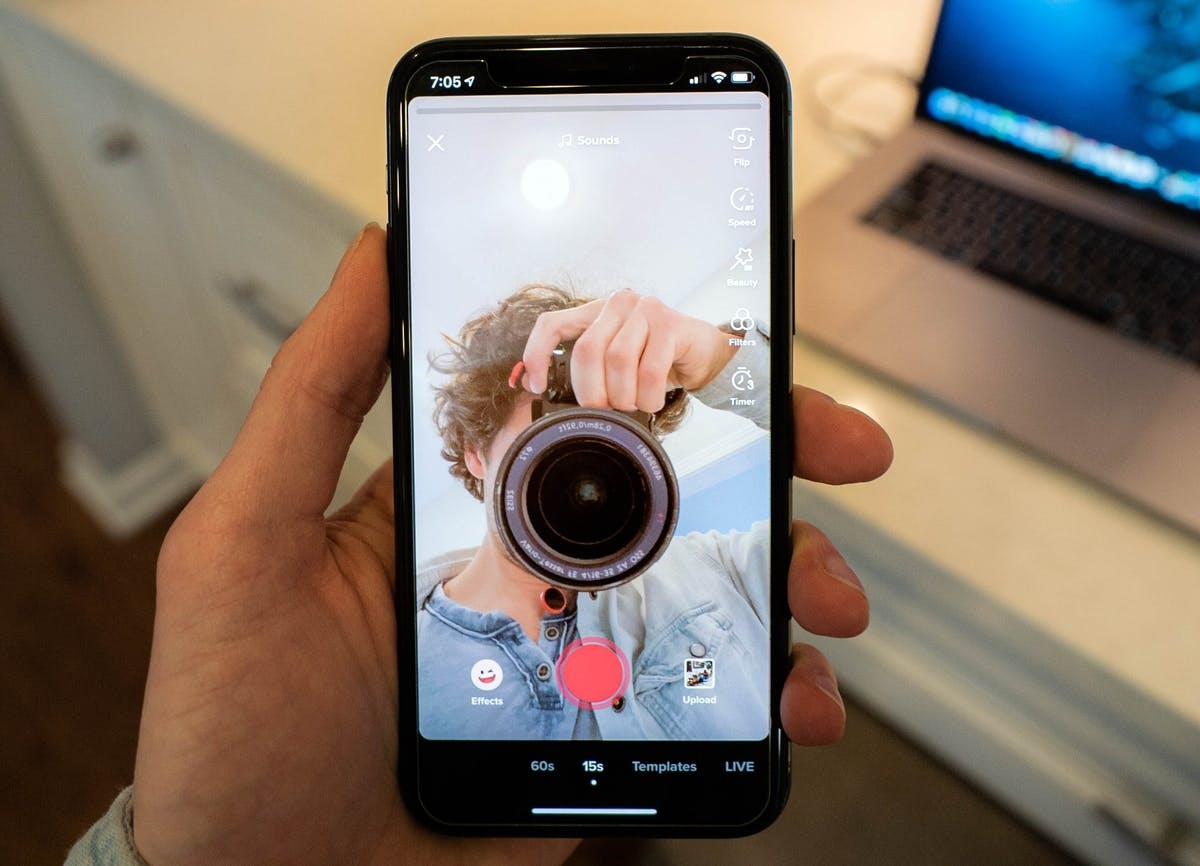Dynamic Business brings you a daily rundown of the most recent business news and developments from Australia and around the world. Here’s the roundup for October 2:
Housing credit continues to rise
Housing credit for owner-occupiers has increased at the fastest annual rate since October 2016, as borrowers chase ever-increasing house prices at record low-interest rates. The Reserve Bank of Australia reported that owner-occupier housing credit increased by 0.8% in August to an annual rate of 8.4%.
Overall housing credit, including investor credit, increased 0.6% year on year to 6.2%. Credit in general increased by 0.6% to 4.7% year on year, including housing, commercial, and personal loans.
Aussie-based Immutable teams with TikTok to allow trading of viral videos as NFTs
Immutable, an Australian fintech company, is teaming up with TikTok to allow fans to trade viral internet films as NFTs, allowing creators to be compensated directly by their fans.
TikTok declared its entry into NFTs as digital assets become more prevalent. A selection of TikTok’s most popular viral films will be auctioned off to users in the form of NFTs under the scheme.
Fans will then be able to trade these movies, with Immutable, a Sydney-based fintech that is seeking mainstream NFTs by lowering the cost of trading these digital assets, facilitating the transactions.
Senators criticise Facebook executives on Instagram policies for teens
Senators slammed a Facebook executive for how the social media company handled internal research on how its Instagram photo-sharing platform can harm teenagers.
The senators accused Facebook of withholding information about the negative findings about Instagram and asked that the company commit to making changes.
Antigone Davis, Facebook’s head of global safety, defended Instagram’s efforts to protect young people using its platform during testimony before a Senate Commerce subcommittee.
India’s external debt up $1.6 billion at June-end: RBI
According to the Reserve Bank of India, India’s external debt remained at $571.3 billion at the end of June, a rise of $1.6 billion from the end of March 2021.
However, the external debt-to-GDP ratio fell to 20.2 percent at the end of 2021, from 21.1 percent on March 31. The value gain as a result of the US dollar’s strengthening against the Indian rupee was $1.7 billion.
Study finds extreme poverty has hit 76.6 per cent in Venezuela
According to one research, more than three-quarters of Venezuelans are currently living in extreme poverty. Between February and April of this year, 14,000 households received the 2020-2021 National Survey of Living Conditions (ENCOVI).
76.6 percent of Venezuela’s 28 million citizens live in extreme poverty, up from 67.7 percent last year. The rise was attributed to the COVID-19 pandemic as well as chronic fuel shortages.
When measured solely by income levels, 94.5 percent of Venezuelans live in poverty, a figure unmatched in the region.
The Taliban has a severe cash flow problem
Afghanistan’s finances are drying up as multilateral and Western donors withhold funding in retaliation for the Taliban’s military takeover.
Unless China, Russia, or other foreign donors step in, the Taliban may soon rule over a full-fledged financial meltdown at a time when many sections of the war-torn nation are on the brink of famine.
The Taliban’s financial difficulties arise from the US Treasury Department’s move to freeze an estimated US$9.5 billion in Afghan central bank reserves held in US financial institutions, including the New York Federal Reserve Bank.
Keep up to date with our stories on LinkedIn, Twitter, Facebook and Instagram.

